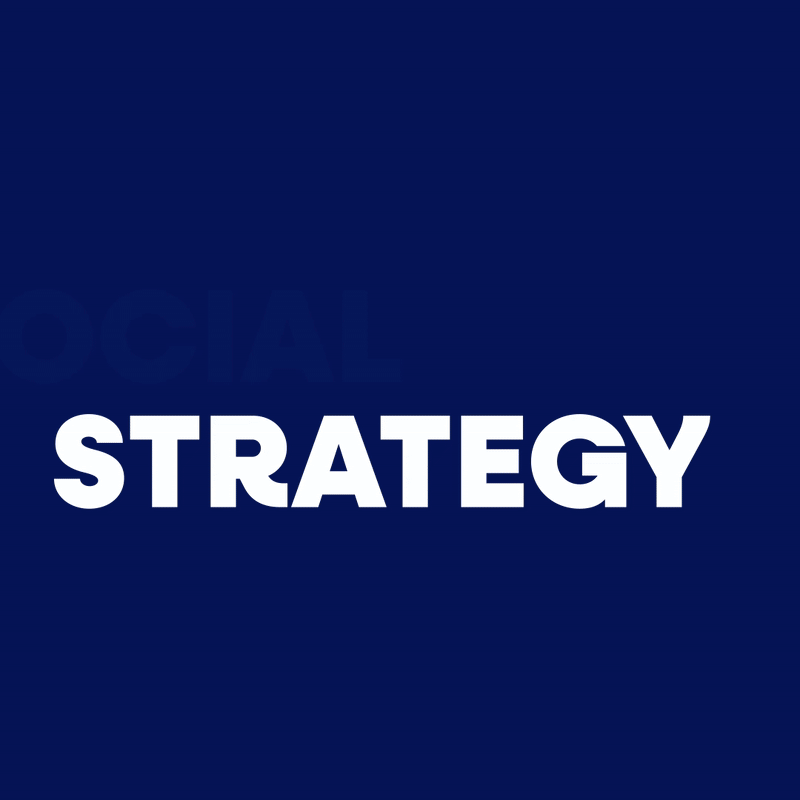Established in 1946.
Re-Established every day since.
We’ve built strong teams of specialists in digital, creative, social + PR and media – all guided by our in-depth client conversations.
We’re creatives driven by strategy, and strategists driven by creativity.
We believe in empathy over persuasion, and that a well-told story can touch people’s hearts and change the way they think.

BUILDING YOUR BRAND
-
Brand Development
-
Content Strategy
-
Employer Branding
-
Customer Experience (CX)
-
User Experience (UX)
-
Dealer Channel Marketing
-
Video and Audio
DELIVERING YOUR BRAND
-
Media Strategy
-
Public Relations
-
Social Media
-
Web Design & Development
-
Email
-
Measurement, Analytics
and Optimization
ELEVATING YOUR BRAND
-
Audits
-
Content Safaris
-
Research & Consulting
-
Speaking & Training
-
Dealer Channel Marketing
Capabilities

Work
Ours speaks for itself
People
Regular People Doing Remarkable Work

Give Back








-
How long has Flint Group been in business?Flint Group has been serving clients for over 79 years, since 1946. This long history speaks to our stability and deep understanding of the evolving marketing landscape.
-
Where does Flint Group have office locations?Flint Group is located across the Midwest with offices being strategically located in Fargo, North Dakota; Duluth, Minnesota; and Kansas City, Missouri. This allows us to effectively serve clients across the Midwest and beyond.
-
What does it mean that Flint Group is unapologetically client-driven?"Unapologetically client-driven" means that at Flint, our clients' success is our top priority. While we offer a full range of marketing services, our focus is on understanding each client's unique business goals and developing customized strategies to achieve those results. We measure our success by our clients' growth and achievements.
-
What is Flint Group’s expertise in using AI?Flint Group has been integrating AI into our marketing strategies for years, using it to deliver smarter, more efficient, and more effective results for our clients. We adhere to AI best practices, prioritizing data security and complying with relevant guidelines and regulations, including those from the FTC and NIST, in all our AI-driven initiatives.
-
Does Flint Group do research?Yes, Flint Group offers comprehensive market research services through our specialized division, Prime46. Prime46 conducts both primary (e.g., voice of customer research, custom panels, surveys) and secondary research to provide clients with valuable insights into their target markets, competitors, and industry trends.
-
How many people does Flint Group employ?Flint Group is a mid-sized marketing agency with a team of approximately 147 full-time professionals. This size allows us to provide a comprehensive range of services while maintaining a strong focus on client collaboration and personalized solutions.
-
What is Flint Group’s culture like?Flint Group offers a dynamic and fast-paced environment where our team members are constantly learning and growing. We're passionate about marketing and are always looking for new and innovative ways to help our clients succeed. It's a challenging but rewarding place to work, where creativity is celebrated and hard work is recognized.
-
Is Flint Group considered a big agency or a small agency?Flint Group offers the best of both worlds. We have the resources and expertise of a larger agency, with specialized teams serving diverse industries, but maintaining the personalized attention and close collaboration of a smaller, dedicated team. This "biggish but small" approach ensures our clients receive both strategic depth and hands-on involvement, so they get the expertise they need without getting lost in the shuffle. We have teams that specialize in large manufacturing accounts; dealer channel; healthcare; finance and other professional services businesses. We also have a team dedicated to delivering on local small business work. We use a streamlined approach that keeps the work efficient. We generally classify this as $100,000 or less.
-
What is the best way to learn more about Flint Group?To learn more about how Flint Group can help you achieve your marketing goals, we invite you to contact us for a capabilities presentation or a personalized consultation.









%20(1).jpg)
.jpg)